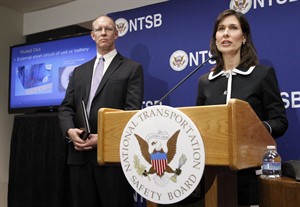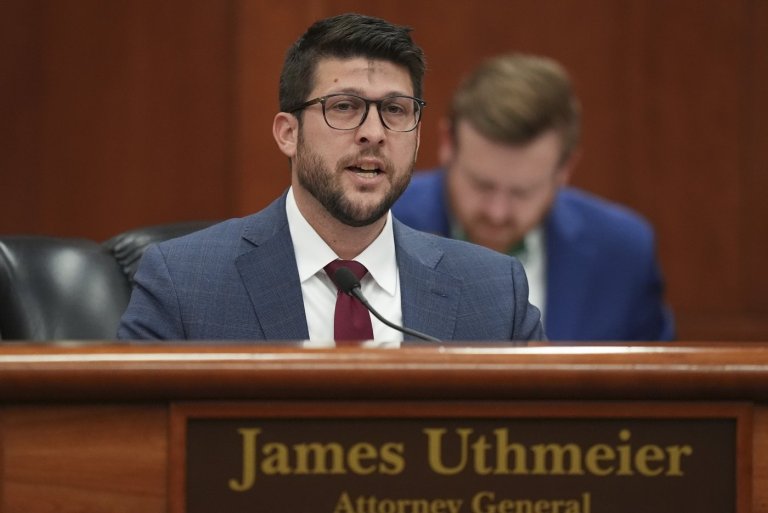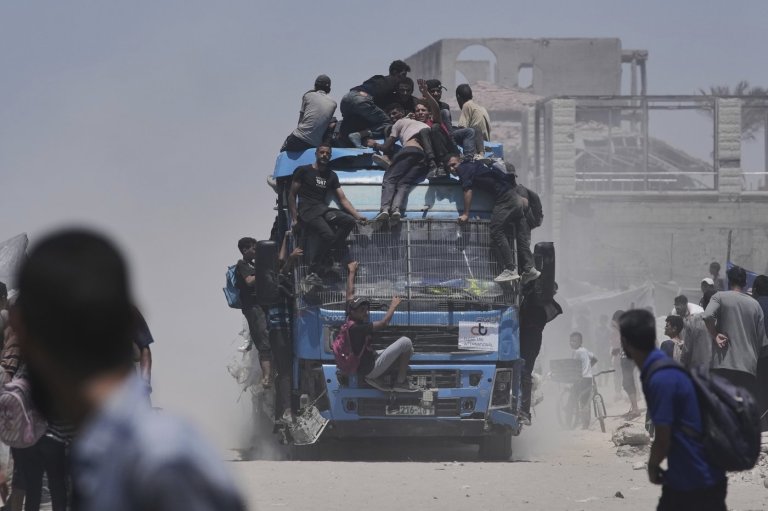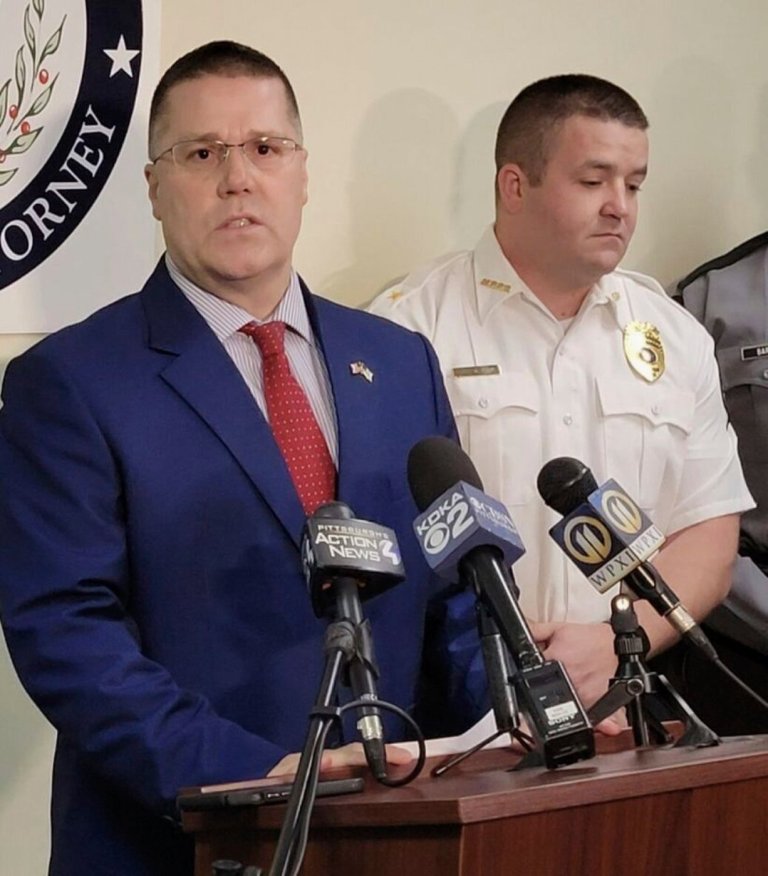
Investigation shows US gov’t approval of Boeing 787’s batteries should be reconsidered
WASHINGTON – The U.S. government should reassess its safety approval of the Boeing 787 lithium ion batteries, the nation’s top accident investigator said Thursday.
National Transportation Safety Board Chairman Deborah Hersman said the board’s investigation of last month’s battery fire in a Japan Airlines 787 “Dreamliner” while it was parked in Boston shows the fire started with multiple short-circuits in one of the battery’s eight cells. That created an uncontrolled chemical reaction known as “thermal runaway” and spread to the rest of the cells, she said.
That’s at odds with what Boeing told the Federal Aviation Administration when the agency was working to certify the innovative aircraft for flight, Hersman said. The manufacturer asserted its testing showed that any short circuiting could be contained within a single cell, preventing thermal runaway and fire, she said.
Boeing’s testing also showed the batteries were likely to cause smoke in only 1 in 10 million flight hours, she said. But the Boston fire was followed nine days later by a smoking battery in an All Nippon Airways plane that made an emergency landing in Japan.
The 787, Boeing’s newest and most technologically advanced plane, has recorded less than 100,000 flight hours, Hersman noted.
The same day as the ANA emergency landing, FAA officials ordered the only U.S. carrier with 787s — United Airlines, which has six of the planes — to ground them. Aviation authorities in other countries swiftly followed suit. In all, 50 planes operated by seven airlines in six countries are grounded.
The groundings have become a nightmare for the company, which has about 800 Dreamliner orders from airlines around the world.
The 787 is the first airliner to make extensive use of lithium batteries. Aircraft makers view the batteries, which are lighter and can store more energy than other types of batteries of an equivalent size, as an important way to save on fuel costs. The Airbus A350, expected to be ready next year, will also make extensive use of lithium ion batteries. Manufacturers are also looking to retrofit existing planes, replacing other types of batteries with lithium ion.
But lithium batteries are more likely to short circuit and start a fire than other batteries if they are damaged, if there is a manufacturing flaw or if they are exposed to excessive heat.
Join the Conversation!
Want to share your thoughts, add context, or connect with others in your community? Create a free account to comment on stories, ask questions, and join meaningful discussions on our new site.












Leave a Reply
You must be logged in to post a comment.